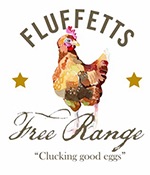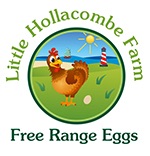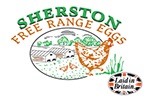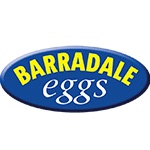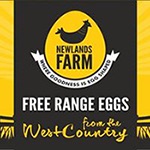In many respects, it is good that the UK government has opened negotiations for accession to the Comprehensive and Progressive Agreement for Trans-Pacific Partnership (CPTPP) on 22nd June.
We reported earlier, that first application had been made on 1st February. The 11 members of CPTPP had agreed talks on 2nd June.
The current membership is: Australia, Brunei, Darussalam, Canada, Chile, Japan, Malaysia, Mexico, New Zealand, Peru, Singapore and Vietnam.
The UK exported £58 billion of goods to CPTPP countries (8.4% of all UK exports) before Brexit.
Australia, Canada, Japan and Singapore account for 80% of these exports.
Tariffs are maintained in only a few highly-sensitive areas. For example, Japan has tariffs on rice and Canada on Dairy.
The aims of joining are:
- Increased trade and investments
- Diversify trading links and supply chains
- Secure UK’s place in the world.
Membership would hitch the UK to the fast-growing Pacific region.
However, close watch must be kept on the government, to ensure their farmer promises are not just empty words.
For instance, the government promised to set up a Trade and Agriculture Commission (TAP) formed by independent members, to scrutinise any trade deal before signing.
This has clearly not happened with the signing of an agreement with Australia.
Members for TAP have not yet even been chosen and appointed. They will not see the Australian deal until after the “legal scrub” in the Autumn.
Although at this stage, egg producers in the UK seem to be safe from imports from the CPTPP, time will tell if this may change.
Much of the rest of the world is slowly changing to “cage free”, this term being applied principally to aviary/barn production, not free range.
It is limited currently, being about 1/3 of the Australian egg production, and less than 10% in Canada. But, even Indonesia,, not a member of CPTPP, has set up it’s first cage-free enterprise, to offer training as well as production.
This echoes the report by the Open Wing Alliance of the Humane League, which reports that 85% of all corporate commitments to go cage-free in their supply chains by 202, have been fulfilled.
78 annual protection agencies in 63 countries make up the Open Wing Alliance. Nine states in the USA have passed laws to ban cages.
More than 2,000 corporate cage-free welfare policies have been secured around the world, 954 of which have fulfilled deadlines.
A complete transition to cage-free supply has been seen in:-
- 317 restaurants
- 212 manufacturers
- 131 retailers
- 92 food service and caterers
- 62 hospitality companies
- 39 producers
- 10 distributors
- 1 wholesaler
This demonstrates the march towards cage-free, but this term covers a multitude of set-ups, and the UK needs to be clear on what, if anything, is being offered in trade deals.
This will probably mostly involve the processed market, rather than the shell sector.

